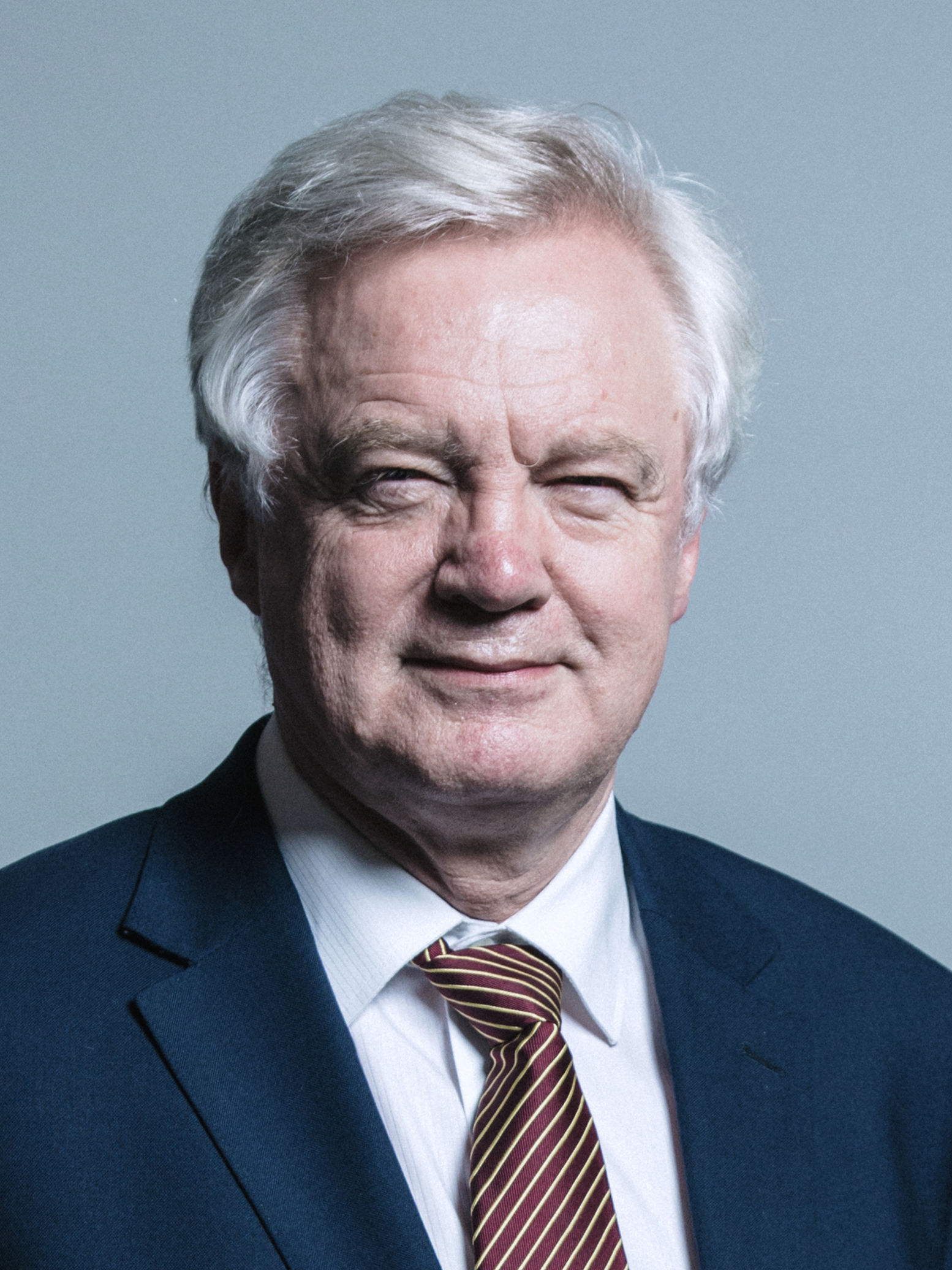David Michael Davis – brytyjski polityk, członek Partii Konserwatywnej, poseł z okręgu Haltemprice and Howden, zasiada w Privy Council od 1997. W latach 2016–2018 minister ds. wystąpienia Wielkiej Brytanii z Unii Europejskiej w gabinecie Theresy May.
W roku 1987 wszedł do parlamentu w wieku 38 lat . Od 2003 do 2008 roku był ministrem spraw wewnętrznych w opozycyjnym gabinecie cieni. W latach 2001 i 2005 kandydował na lidera Partii Konserwatywnej. Za drugim razem pokonał go David Cameron.
Znany jest jako autor wypowiedzi o erozji wolności obywatelskich we współczesnym świecie, jako zwolennik wojny z terroryzmem i zwalczający tezę o ociepleniu klimatu. Zwolennik radykalnego obniżenia podatków.
Podczas debaty w Izbie Gmin 7 lipca 2009, Davis oskarżył rząd Zjednoczonego Królestwa o rozprzestrzenianie terroryzmu, przez pozwolenie na to by Rangzieb Ahmed opuścił kraj, mimo iż wkrótce potem uzyskano dowody świadczące o jego terrorystycznej działalności.
13 lipca 2016 został powołany na stanowisko ministra ds. wystąpienia Wielkiej Brytanii z Unii Europejskiej w gabinecie Theresy May. 8 lipca 2018 zrezygnował z stanowiska, oficjalną przyczyną rezygnacji była różnica wizji dotycząca sposobu wyjścia z UE między nim a premier Theresy May.
Wikipedia
✵
23. Grudzień 1948
